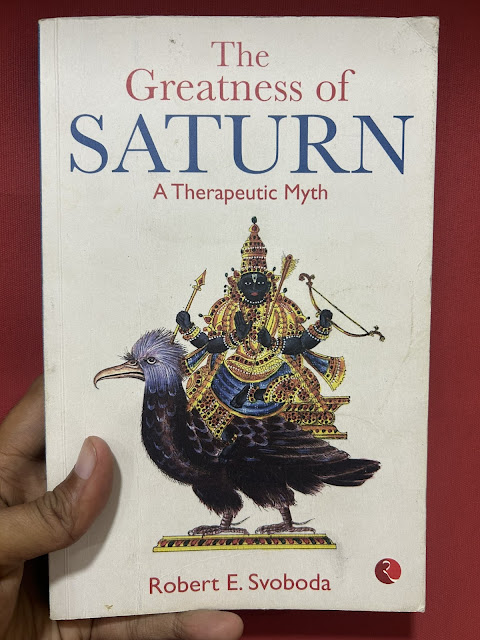When Breath becomes Air : Paul Kalanithi

This book was recommended by one of top oncologist of Tata Medical Centre, Kolkata to me 2016. As it usually happens, someone borrowed the book to never return it again and I too, let it go. I again purchased the book recently and gave a patient reading. Its Phenomenal. You enter into the Paul's world from first page itself and get immersed as you procced further. For someone who is not a professional writer and whose its a debut book (sadly, his last too), the flow, emotions and words are so much intertwined that its like a music, a poetry. The book is divided formally into 2 parts, first part titled "In Perfect health I Begin" and the second one titled "Cease Not till Death". There is a concluding part written by his wife Dr. Lucy Kalanithi which was added after death of Dr. Kalanithi. As in my previous blogs I have reviewed Being Mortal by Dr. Atul Gawande which has dealt with the subject of mortality in detail. He has also reviewed this book as " Rat...
